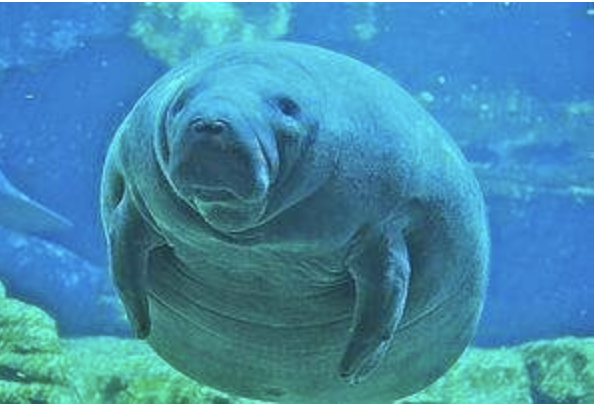
A Pittsburgh man is facing a disorderly intoxication charge in Florida after he allegedly molested a manatee statue at a St. Petersburg restaurant. Anthony Lessa, 23, was arrested last week in connection with the alleged incidents, which happened at two separate businesses. Authorities arrived on the scene after getting a call from Rick Reef’s Restaurant on St. Pete Beach that an intoxicated person was causing a disturbance.

Molesting or harassing manatees, or any wildlife for that matter, is not just a bad idea – it’s illegal, unethical, and harmful to these gentle creatures and their natural habitats. Manatees are protected under various laws due to their vulnerable status as an endangered or threatened species, depending on the specific species and geographic location.
Here are several reasons why it’s not a good idea to molest or harass manatees:
Legal Protection: Manatees are protected by both federal and state laws. The Marine Mammal Protection Act, the Endangered Species Act, and other regulations prohibit any form of harm, harassment, or disturbance to manatees.
Endangered Status: Manatees are listed as vulnerable or endangered species. Their population has been significantly impacted by habitat loss, boat strikes, pollution, and other human activities. Any additional stress or harm caused by harassment can further endanger their survival.
Disruption of Natural Behavior: Harassing or disturbing manatees disrupts their natural behavior patterns. Manatees need calm, quiet environments to rest, feed, and socialize. Intentional disturbances can cause stress, affecting their health and well-being.
Physical Harm: Directly interacting with manatees, such as touching, riding, or attempting to feed them, can cause harm. Manatees have sensitive skin, and human contact can transmit diseases, cause injuries, or lead to habituation, making them more vulnerable to human-related dangers.
Educational and Conservation Importance: Protecting manatees is crucial for biodiversity and ecosystem health. They play a significant role in maintaining the balance of aquatic vegetation and ecosystems. Learning about manatees and respecting their space helps in their conservation efforts.
Legal Consequences: Engaging in harassing or harming manatees can result in severe penalties, including fines, imprisonment, or other legal actions. Authorities take these violations seriously to protect endangered species.In summary, it is never acceptable or advisable to molest or harass manatees or any wildlife. Respecting their protected status, natural habitats, and allowing them to thrive undisturbed is essential for their survival. Instead of disturbing them, it’s better to observe manatees from a safe and respectful distance, supporting conservation efforts, and advocating for their protection.

Our team of writers, armed with a healthy dose of caffeine and an overflowing imagination covers wacky and weird news. From politics to pop culture, from bizarre headlines to analysis, we take a sideways glance at the world’s happenings, delivering news in a way that’s informative, entertaining, and occasionally eyebrow-raising.






